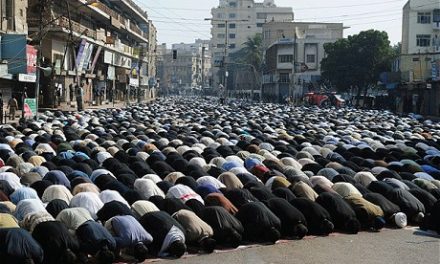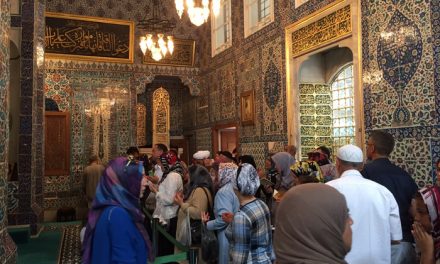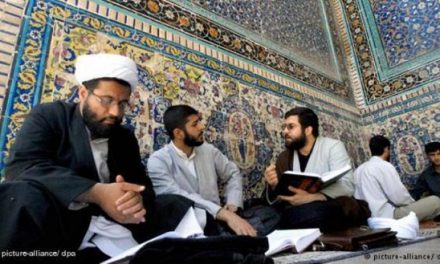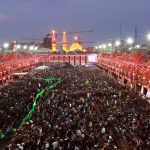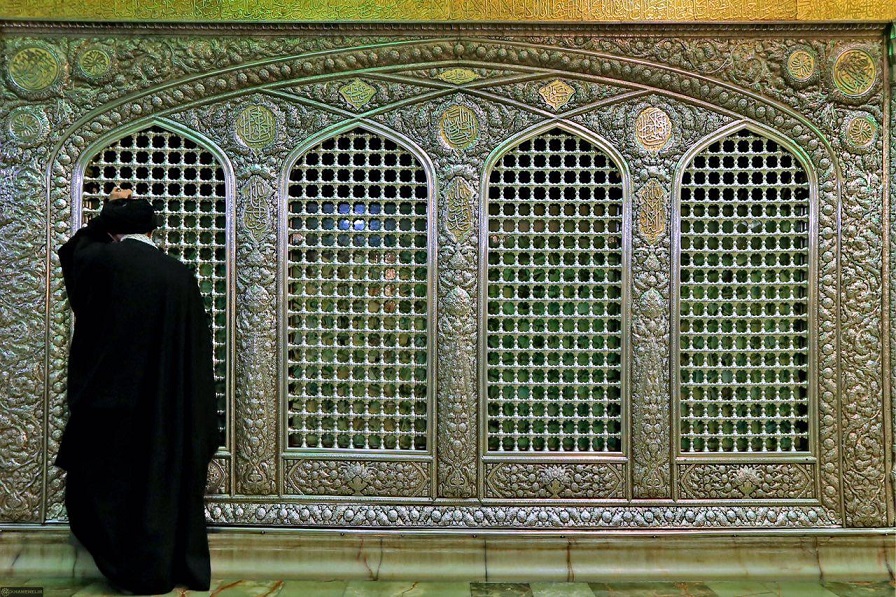
Shafa‘ah (Intercession) is one of the principles confirmed by Islam which has been acknowledged by all Muslim sects and schools of thought which abide by the Qur’an and Sunnah regardless of their different views about the outcome of Shafa‘ah. Shafa‘ah means that an honorable person who enjoys special station and proximity to God can plead with God, the Exalted, for the forgiveness of the sins of sinners, or elevation of the station of others.
The Holy Prophet (S) says:
“I have been granted five things… and I have been granted intercession which I have reserved for my ummah.”[1]
The Extent of Shafa‘ah
The Qur’an rejects the idea of absolute and unconditional intercession. Intercession cannot be effective without the following conditions:
First: The intercessor must be authorized by God to intercede. The only group that can intercede are those who, apart from having spiritual proximity to God, are authorized by Him (to intercede). In this regard, the Glorious Qur’an says:
“No one will have the power to intercede {with Allah}, except for him who has taken a covenant with the All-beneficent.”[2]
Also, it states:
“Intercession will not avail that day except from him whom the All-beneficent allows and approves of his word.”[3]
Second: Also, the person to be interceded for should also be worthy of attaining the divine grace through the intercessor. That is, his faith in God and his spiritual ties with the intercessor should not be broken. As such, the unbelievers who have no faith in God and some of the sinful Muslims, such as murderers and those who do not offer prayers, who are not spiritually attached to the intercessor, will not be interceded for.
Concerning those who do not offer prayers and deny the Day of Resurrection, the Qur’an states:
“So the intercession of the intercessors will not avail them.”[4]
And regarding the wrongdoers, it says:
“The wrongdoers will have no sympathizer, nor any intercessor who might be heard.”[5]
The Philosophy of Shafa‘ah
Shafa‘ah, like Taubah (Repentance), is a gleam source of hope for those who can abandon their sins in the midway of deviation and sin, and spend the rest of their life in obedience to God; for, whenever a sinful person feels that he or she can, under limited circumstances (not any circumstances), attain the intercession of the intercessor, he or she will try to keep to this limit and not go any further.
The Outcome of Shafa‘ah
Different views are shown by exegetes on whether the outcome of intercession is forgiveness of sins or elevation of one’s station, but the following saying of the Prophet (S):
“My intercession on the Day of Resurrection is granted to those from my ummah who have committed major sins”[6]
highlights the first view.
– taken from the book “The Shi’ah Rebuts” by Sayyid Rida’ Husayni Nasab. Written under the supervision of Ayatullah Ja’far Subhani
Notes:
[1] Musnad Ahmad ibn Hanbal, vol. 1, p. 301; Sahih al-Bukhari (Egypt), vol. 1, p. 91. [2] Surah Maryam 19:87. [3] Surah Ta Ha 20:109. [4] Surah al-Muddaththir 74:48. [5] Surah al-Ghafir (or al-Mu’min) 40:18. [6] Sunan Ibn Majah, vol. 2, p. 583; Musnad Ahmad Ibn Hanbal, vol. 3, p. 213; Sunan Ibn Dawud, vol. 2, p. 537; Sunan at-Tirmidhi, vol. 4, p. 45.
Source: shiaresponds.blogspot.com

